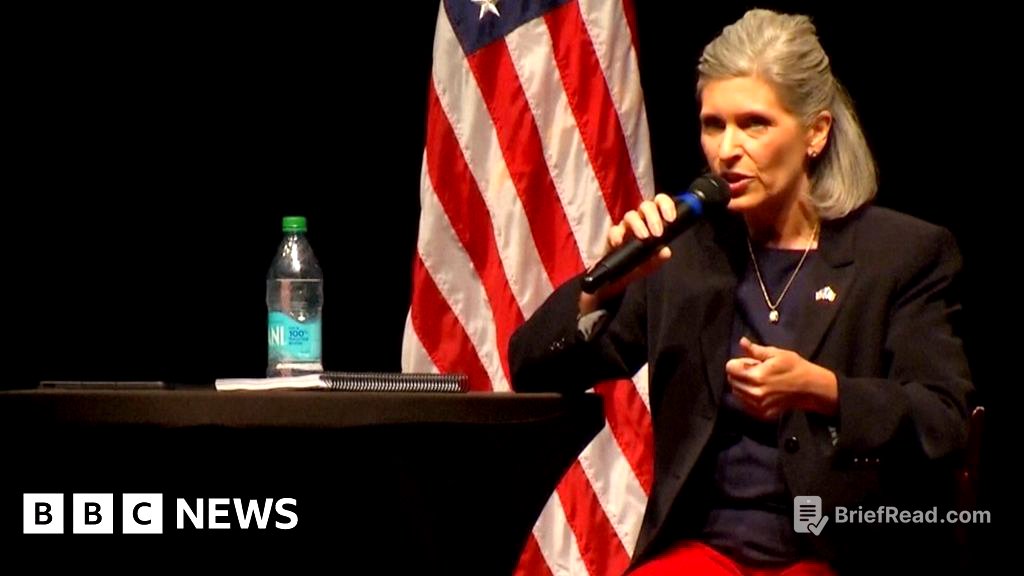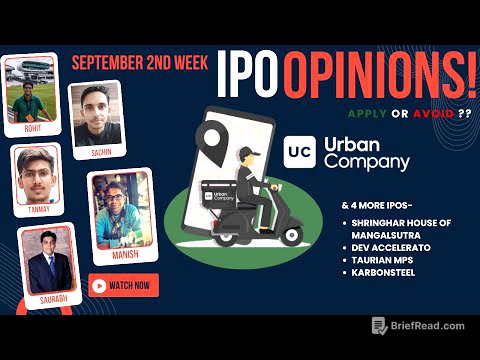TLDR;
This video demonstrates motivational interviewing techniques used by a doctor to help a patient focus on and sustain healthier habits, specifically weight loss. The doctor guides the patient to identify personal motivations and obstacles, fostering a sense of self-efficacy and commitment to change. Key points include exploring the patient's past successes, understanding their confidence levels, and collaboratively developing a realistic plan for reducing juice consumption.
- Motivational interviewing techniques are demonstrated.
- Patient identifies personal motivations and obstacles.
- Collaborative plan developed for reducing juice consumption.
Introduction [0:06]
Dr. Margie Harber from the Colorado Clinical Guidelines Collaborative introduces the video, highlighting the difficulty of changing behaviors, both personally and for patients. The video aims to demonstrate motivational interviewing techniques to help engage patients in becoming healthier and sustaining those changes through self-motivation.
Initial Discussion About Weight Loss [0:38]
The doctor initiates a conversation with John about his weight, acknowledging his previous efforts to lose weight and the subsequent regain. She explores what he did to initially lose 5 pounds, including watching his diet, eating more fruits and vegetables, and walking more. John expresses pride in his initial success but admits to giving up when the weight returned.
Identifying the Cause of Weight Rebound [1:48]
The doctor and John discuss the reasons for his weight regain. John mentions increasing his intake of fruits and vegetables, including multiple glasses of orange juice daily. The doctor points out that excessive fruit consumption, especially fruit juice, can contain a significant amount of calories, potentially contributing to the weight rebound. John expresses surprise, realizing his fruit intake might be counterproductive.
Assessing Importance and Confidence [3:00]
The doctor asks John how important it is for him to lose weight by reducing his juice intake. John acknowledges the need to cut back but expresses his love for orange juice. Using a scale of 0 to 10, John rates his confidence in reducing juice consumption as a six or seven. The doctor explores why he isn't a zero, highlighting his realization that reducing juice will help him lose weight and improve his health. She also explores why he isn't a 10, identifying potential obstacles to his success.
Developing a Plan [4:01]
John suggests removing fruit juice from the house and replacing it with low-calorie drinks or water. The doctor reinforces John's desire to stay on course with weight reduction by decreasing his juice intake. She asks him to envision a successful scenario in two weeks, where he has eliminated juice and substituted it with sugar-free alternatives.
Concluding the Consultation [4:59]
John reaffirms his commitment to the plan, and the doctor assesses his confidence level again. The doctor decides to postpone medication and focus on lifestyle changes. She schedules a follow-up appointment in two weeks to assess his progress.









